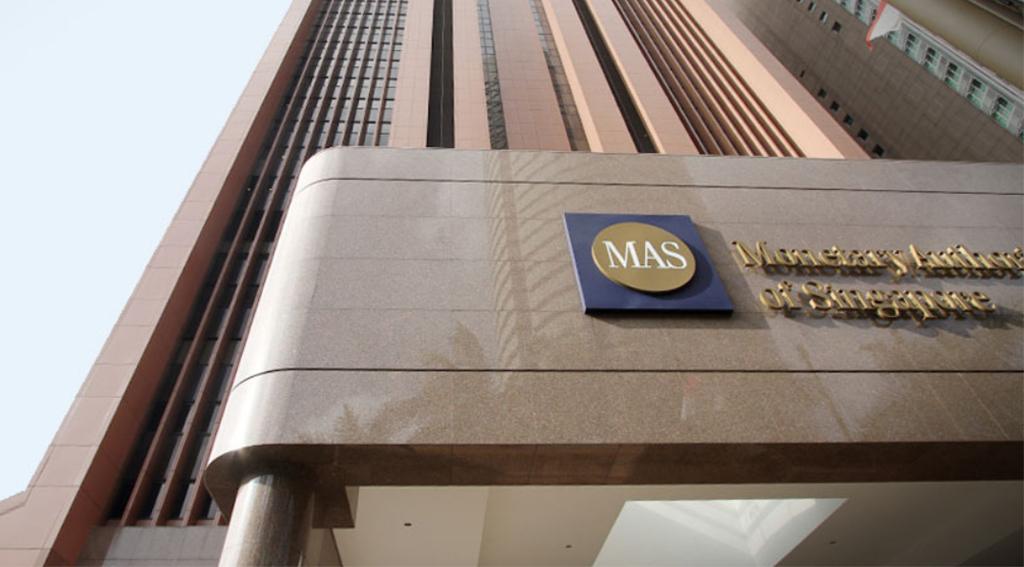Singapore Launches Action Plan to Mobilize Finance for Asia’s Net Zero Transition
The Monetary Authority of Singapore (MAS), the central bank and financial regulator of Singapore, announced today the launch of the Finance for Net Zero (FiNZ) Action Plan, updating its series of strategies to mobilize financing aimed at catalyzing the net zero transition in Asia, and decarbonization activities in Singapore.
Targeted areas of action under the new plan range from improving access to climate data and advancing disclosure by financial institutions to the implementation of enhanced climate risk management practices.
Commenting on the launch of the new action plan, Lawrence Wong, Deputy Prime Minister and Minister for Finance, and Deputy Chairman of MAS, said:
“The financial sector plays such a critical role in the net-zero transition. We need more funding, not just for new green activities but also for transition activities. This means channelling financing to decarbonise power generation, and other aspects of our economy – be it buildings or transport. That is the only way the world can achieve net zero by 2050.”
The new plan follows the launch in 2019 by MAS of its Green Finance Action Plan (GFAP), its initial plan to facilitate Asia’s low carbon transition, with today’s update expanding the scope of GFAP to include transition finance, encompassing the investment, lending, insurance, and related services needed to decarbonize areas such as power generation, buildings, and transportation.
Wong outlined the key strategic outcomes and ongoing initiatives targeted by the new action plan. These include “the 3Ds – data, definitions, and disclosures,” including making climate and sustainability data more reliable and comparable to enable ESG risk exposure assessment by financial market participants, enhancing interoperability of green taxonomies across jurisdictions, and building up companies’ capabilities in sustainability reporting to enable climate disclosures aligned with the ISSB standards; enhancing the climate resilience of the financial sector, including engaging with financial institutions to build sound climate and environmental risk management practices, deepen climate scenario analysis capabilities, and ensuring that climate-related governance and risk management practices are in place; promoting the adoption of credible transition plans by financial institutions, and; facilitating the development of green and transition solutions and markets, enabling solutions to support decarbonization efforts and climate risk mitigation.
Wong added:
“We have to move quickly to decarbonise the economy, not just here in Singapore, but throughout the entire region. The scale of this transition is massive, and there are no easy answers or silver bullets. But if we apply the collective knowledge and resources of our partners in the financial sector and beyond, we will be able to tackle the challenges ahead, and also benefit from the growing new opportunities in the green economy.”





